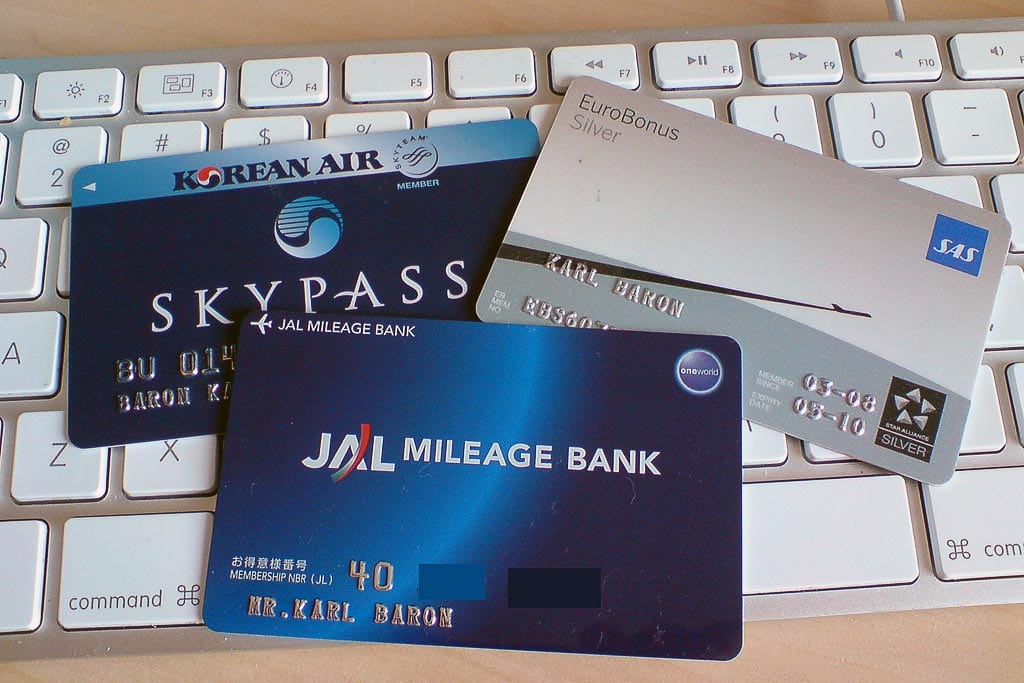Loyalty Program Fraud Can Cost Travelers and Providers a Fortune

Skift Take
When around 70% of $238 billion is at risk, it’s more than a bit of a problem.
It’s difficult to get your head around the numbers in the dark market of loyalty fraud.
But, when more than 70% of a $238 billion market is at risk of being stolen overnight, with a quick phone call or a few clicks of the keyboard, it’s time to pay attention.
Update: This story originally ran on October 27. On November 3, stories began appearing on hotel and security news sites about a hack of Hiton's HHonors program.
Members of the program have been reporting random charges on their HHonors credit cards and points being stolen from their accounts. Apparently, some hackers are getting some nice free vacations in Bora Bora.
Flyertalk's got the details on the hack and a thread with ongoing developments.
Points aren’t just scores, and miles are more than distance traveled. Loyalty program credits are currency, every bit as good as cash; they were travel’s Bitcoin long before the e-currency was dreamt up.
According to a January 2013 report by International Travel News, at the end of 2004, The Economist estimated that there were 14 trillion unused miles/points accumulated worldwide. This figure was revised up by CNBC to 15 trillion frequent-flyer miles outstanding by 2011, and on the following year the Economist and WebFlyer increased that number of unredeemed miles to 23.8 trillion. The same ITN report cites the Economist assessing the value of outstanding miles at more than $700 billion, by 2005, "about equal to that of all of the printed US currency in circulation worldwide at the time."
In dollars and cents, each mile is valued around $0.01, bringing the value of the 23.8 trillion unredeemed miles in the 2011 Economist and WebFlyer assessment to $238 billion.
This high-value, unregulated currency is under attack from fraudsters, who exploit the loopholes and security gaps of the banks in which points and miles accounts are stored.
We spoke with experts in this field to grasp the scope of the exposure and discuss emerging solutions.
“These crimes are valued less by the authorities because there’s no real money,” CellPoint Mobile CEO, Kristian Gjerding explains. “It’s a le
